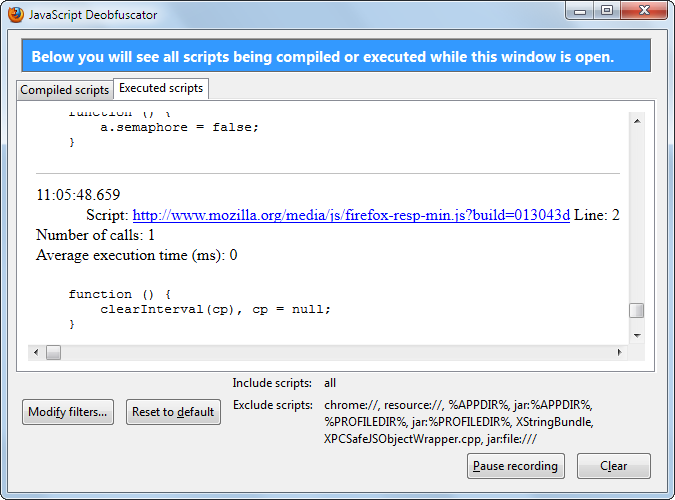Reading about Anne Lauvergeon’s current work at a recently set-up government innovation think tank, I stumbled upon this quote of hers:
« Je pense que la grande révolution que l’on vit en ce moment, c’est celle des “data”. [..] Prenons le cas de l’assurance : le décryptage de l’ADN pour 100 euros fait que, dans quinze ans, vous serez peut- être assurés en fonction de vos risques génétiques. »
Let’s translate that in English :
« I think that “data” is the great revolution we are currently living. [..] Take the case of insurance : ADN decoding for € 100 means that, in fifteen years, your insurance will be tailored to your genetic risks. »
If this makes your stomach churn, you are not alone – upon reading it I was aghast : not only because an opinion leader entertains such unethical thoughts, but also because someone in charge of recommending a national industrial policy shows ignorance of how illegal genetic discrimination already is.
For an overview of how legislation protects the European citizens against genetic discrimination, you may take a look at “Genetic Testing – Patients’ rights, insurance and employment A survey of regulations in the European Union” – research published by the European Commission. Here is the “Genetics and Insurance” section of the chapter describing the situation in France :
In 1994, the Law n. 94-653 on respect for the human body introduced new provisions on genetic testing and DNA identification into the French Civil Code. According to article 16-10, the genetic study of the characteristics of a person may be undertaken only for medical purposes or for scientific research.
The Code of Public Health affirms this principle but adds that genetic tests can only be realized “in the patient’s interest”(Art L. 145-15-1). This necessarily excludes every genetic test contrary to the patient’s interest. Consequently genetic testing for the purpose of the conclusion of an insurance contract is prohibited.
Article 25 of Chapter III on the identification of persons and their genetic characteristics by genetic examination reads as follows: it is not allowed to carry out genetic examinations on the characteristics of persons other than for reasons of medical or scientific research or in cases provided by law. The consent of the person involved is needed before examinations are carried out, except in case of medical necessity.
The use of information about an individual which has been obtained by studying his genetic characteristics other than for medical purposes for scientific research is punishable with one year’s imprisonment and a fine of 15.000 Euro (article 226-26 Penal Code).
French bioethics legislation specifically prohibits access by any third party, notably employers and insurance companies, to information held in databanks and makes it illegal for them to ask individuals to provide such information.
While this seems to prohibit insurers from using genetic tests for underwriting purposes, it does not prevent insurers from obtaining genetic-test information from medical files. Under public pressure, however, in 1994 the French Federation of Insurers imposed a moratorium on its members. This moratorium implies that insurers may not take the results of genetic characteristics (unfavourable or favourable test results) of a candidate insured into account even if the candidate insured offered the information by himself. Initially the moratorium was adopted for five years, which coincides with the 5-year period upon expiry of which the law n. 94-653 of July 29, 1994 was to revised. In 1999 the insurers have extended the moratorium for another five years, i.e. until the year 2004. The underlying idea of the moratorium is that the experimental character of the genetic information prohibits to use it for purposes such as insurance contracts. This implies that insurers may not ask questions related to genetic tests and their results in risk questionnaires. Moreover, insurers may not ask the candidate insured to undergo genetic tests or to give them the results of previous tests.
The Universal Sickness Cover Act (CMU) ( Loi n°99-641 du 27 Juillet 1999 portant création d’une couverture maladie universelle. Lois et Décrets 99, 28 Juillet 1999.) in particular Section 5 entitled “Social and health modernization” states that any use of genetic testing by complementary insurance and health insurance bodies is prohibited. According to article 62 of the Act, such bodies “may not take account of the results of a genetic study of the characteristics of a person requesting the benefit of supplementary health cover, even if those results are provided by himself or herself. Moreover they may not ask any question relating to genetic tests and the results thereof, nor ask for anyone to undergo genetic testing prior to arranging a contract providing supplementary health cover and for the entire duration thereof”.
The paper I got this information from is ten years old – but no fundamental legislative change has occurred since then. Unless something really terrible happens in French politics, genetic discrimination in insurance will still be illegal in fifteen years – and if I have any say, it will be even more illegal.
Remember “Liberté – Egalité – Fraternité” – the “Fraternité” bit implies a degree of solidarity that won’t allow genetic discrimination. We will remain watchful.
Somebody please tell Anne Lauvergeon !


